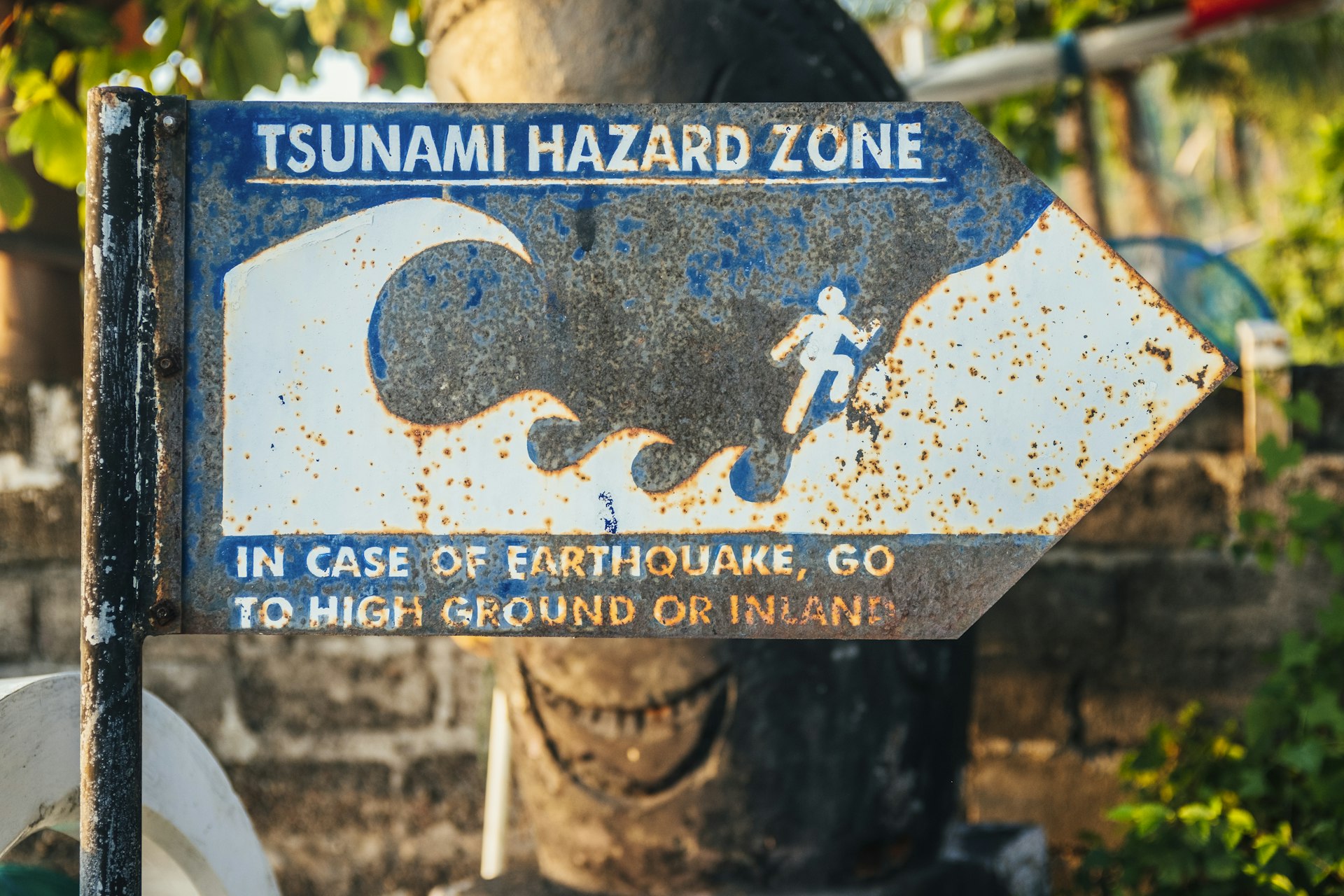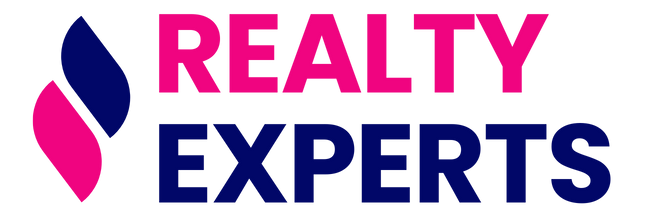Blueprint for Building a Successful Career in Remote Project Management

Photo by Eric Wang on Unsplash
Introduction
Remote project management has rapidly evolved from a niche opportunity to a mainstream career path. The rise of distributed teams and digital tools has created unprecedented demand for professionals who can coordinate projects across borders and time zones. From entry-level project coordinators to senior managers, remote roles now span diverse industries and offer flexible work arrangements, competitive salaries, and global career growth potential [1] . This guide provides actionable steps to build a thriving career in remote project management, emphasizing verified opportunities, essential skills, and pathways for advancement.
Understanding Remote Project Management Careers
Project management involves planning, executing, and completing projects within defined parameters-scope, time, budget, and quality. Remote project management adds the complexity of leading distributed teams and leveraging virtual collaboration tools. Roles range from entry-level coordinators (handling scheduling, logistics, reporting) to senior project managers (overseeing strategy, budgets, multiple teams) [2] . Popular industries hiring remote project managers include technology, finance, healthcare, marketing, and consulting [5] .
Essential Skills for Remote Project Managers
Success in remote project management relies on mastering a combination of hard and soft skills:
- Leadership : Inspiring and guiding teams remotely, managing diverse personalities, and fostering collaboration [3] .
- Communication : Clear, concise written and verbal communication to ensure alignment among team members and stakeholders [1] .
- Time Management : Prioritizing tasks, meeting deadlines, and balancing multiple projects simultaneously [1] .
- Technical Proficiency : Familiarity with project management software such as Asana, Trello, Jira, and communication platforms like Slack [1] .
- Adaptability : Adjusting to changing priorities, technologies, and team dynamics [3] .
- Organizational Skills : Creating project plans, tracking progress, managing risks, and documenting outcomes [1] .
- Problem Solving : Anticipating challenges and developing creative solutions [3] .
Educational Requirements and Professional Development
While many employers prefer candidates with a bachelor’s degree in business, management, or technical fields, formal education is not always mandatory [1] . Practical experience, certifications (such as PMP or Agile), and self-directed learning can significantly enhance your profile. To strengthen your qualifications:
- Enroll in accredited online courses and certifications through established providers (such as PMI or Coursera; search “PMI certification” or “Coursera project management”).
- Join professional associations (like the Project Management Institute) for networking and knowledge sharing.
- Seek mentorship from experienced project managers in your field.
Finding Verified Remote Project Management Opportunities
Remote project management roles are widely available on reputable job platforms. For verified, legitimate openings, use the following strategies:
- Browse trusted job boards such as Indeed for thousands of remote project manager positions across industries [5] .
- Explore remote-specific platforms like Dynamite Jobs , which thoroughly vet listings for authenticity and payment assurance [4] .
- Set up job alerts using keywords such as “remote project coordinator,” “virtual project manager,” or “distributed team leader.”
- Review company profiles and employee reviews on trusted platforms before applying.
Typical entry-level positions include project coordinator or technical project coordinator, with responsibilities such as scheduling, logistics, and milestone tracking [2] . More advanced roles may require experience managing budgets, teams, and complex deliverables [5] .

Photo by Thomas Kinto on Unsplash
Salary Expectations and Benefits
Remote project management offers competitive salaries. Entry-level coordinators can expect average monthly earnings from $4,400 to $6,500, with some senior managers earning up to $12,100 per month depending on experience and industry [4] . Benefits often include health insurance, paid time off, retirement plans, and flexible work hours [5] . When evaluating offers, consider both base salary and perks, as well as long-term career growth opportunities.
Step-by-Step Guide to Launching Your Remote Project Management Career
- Assess Your Skills and Interests Review the essential skills listed above and determine areas for improvement. Consider which industries and project types align with your interests.
- Build Qualifications Enroll in online courses, pursue certifications, and gain experience through internships or volunteer projects. Document your achievements and build a portfolio of completed projects.
- Research Legitimate Job Platforms Use established sites such as Indeed and Dynamite Jobs to identify verified remote project management openings. Set up alerts to receive new listings tailored to your criteria [5] .
- Prepare Your Application Materials Craft a resume highlighting relevant skills, remote work experience, and certifications. Write a targeted cover letter emphasizing your ability to manage distributed teams.
- Network and Connect Join professional groups, attend virtual meetups, and connect with project managers on LinkedIn. Seek informational interviews to learn about companies and roles.
- Apply and Follow Up Submit applications to verified postings. Follow up with recruiters and hiring managers to demonstrate your interest and professionalism.
If you encounter a role that interests you but lacks a verified application link, search for the company’s official careers page or contact their HR department directly through listed phone numbers or emails. Always avoid applying through unverified or suspicious platforms.
Overcoming Common Challenges in Remote Project Management
Remote project managers often face unique obstacles:
- Communication Barriers : Use collaboration tools (Slack, Zoom, Microsoft Teams) and establish clear communication protocols. Schedule regular check-ins and encourage feedback.
- Time Zone Differences : Organize meetings that accommodate global team members, and use shared calendars to track availability.
- Technology Issues : Ensure reliable hardware, software, and internet connectivity. Stay updated with the latest project management platforms and security protocols.
- Team Engagement : Foster a sense of belonging through virtual team-building activities and recognition programs.
Alternative approaches include asynchronous communication (e.g., recorded updates, shared documents) and agile project management methodologies, which prioritize flexibility and iterative progress.
Advancing Your Career in Remote Project Management
Career progression in remote project management often involves taking on larger, more complex projects, earning advanced certifications, and developing specialized expertise (such as Agile, Scrum, or IT project management). To advance:
- Pursue advanced training and certifications; search “Scrum Master certification” or “Agile project management courses” on reputable learning platforms.
- Volunteer for challenging projects within your organization to demonstrate initiative and leadership.
- Seek feedback and mentorship from senior project managers.
- Publish thought leadership articles or case studies to build your professional reputation.
Remember, remote project management skills are transferable across industries and geographies, offering broad career mobility and resilience against economic shifts.
Accessing Resources and Opportunities
To access verified remote project management resources and opportunities:
- Regularly check authoritative job boards such as Indeed and Dynamite Jobs for new postings [4] .
- Join professional organizations like the Project Management Institute (PMI) for certification programs, webinars, and networking. To enroll, visit PMI’s official website or search “PMI membership” for instructions.
- Participate in online forums and communities (such as LinkedIn Groups or Reddit’s r/projectmanagement) for peer support and job leads.
If direct links are unavailable, use recommended search terms on Google or Bing, such as “remote project manager jobs” or “virtual project management certification.” Always verify the authenticity of job postings and educational providers before sharing personal information.
Conclusion
Building a career in remote project management offers flexibility, strong earning potential, and diverse pathways for advancement. By focusing on essential skills, leveraging verified job platforms, and pursuing continuous professional development, you can establish a rewarding and resilient career. Take the next step by assessing your qualifications, researching legitimate opportunities, and committing to lifelong learning and growth in the remote project management field.
References
- [1] PSOhub (2025). 8 Reasons to Consider a Career in Project Management in 2025.
- [2] Indeed (2025). Entry Level Remote Project Manager Jobs.
- [3] Paymo (2025). How to Become a Top-Notch Project Manager in 2025.
- [4] Dynamite Jobs (2025). Remote Project Management Jobs.
- [5] Indeed (2025). Remote Project Manager Jobs.
MORE FROM realtyexperts.ai













